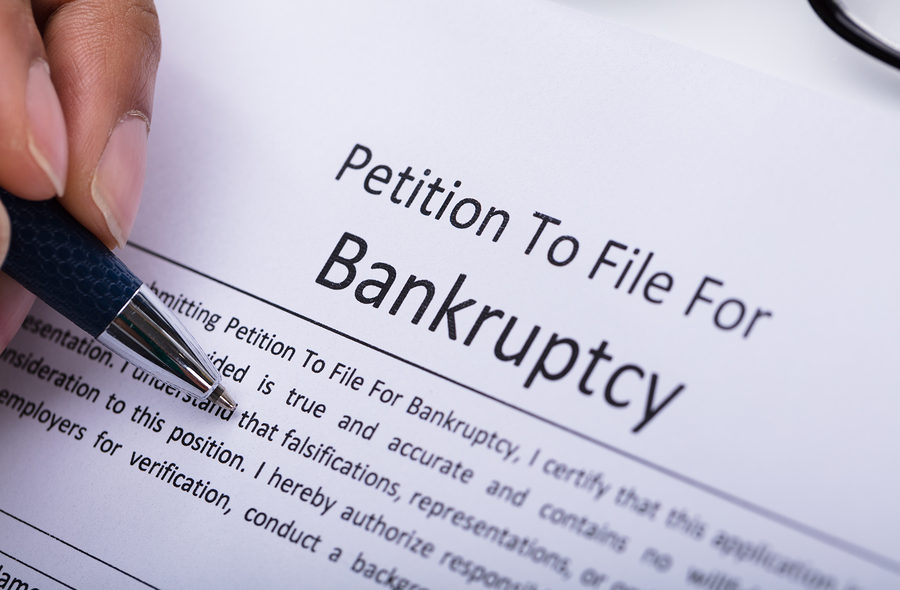This past year was not a profitable one for a number of U.S. businesses and retailers, resulting in many of them filing for bankruptcy in 2019. These businesses ranged from brick-and-mortar companies to online stores, and by the end of the year, more than 7,000 stores closed nationwide. Some of the well-known ones include:
Barneys New York
The luxury department store filed for bankruptcy in August 2019, which came as a surprise to many since the business has been running for a century and has survived many financial ups and downs. However, after filing for bankruptcy this summer, the company was purchased by Authentic Brands Group, a company that also owns Nine West. Authentic Brands will be licensing the Barneys New York product to Sakes Fifth Avenue, and B. Riley Financial has also purchased remaining company assets in November 2019. B. Riley intends to take Barneys’ luxury products and sell them at much lower price points through private sales.









